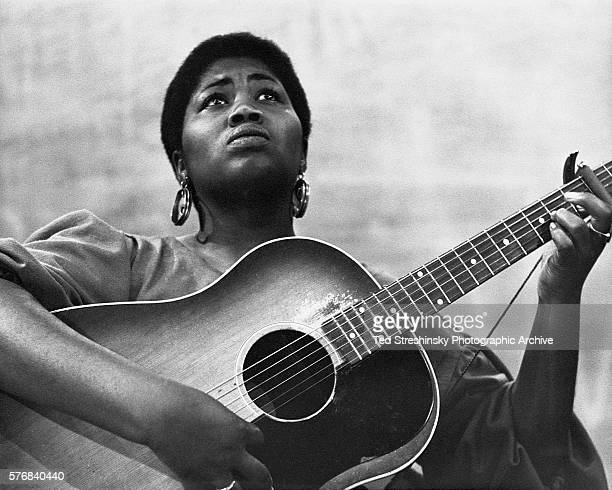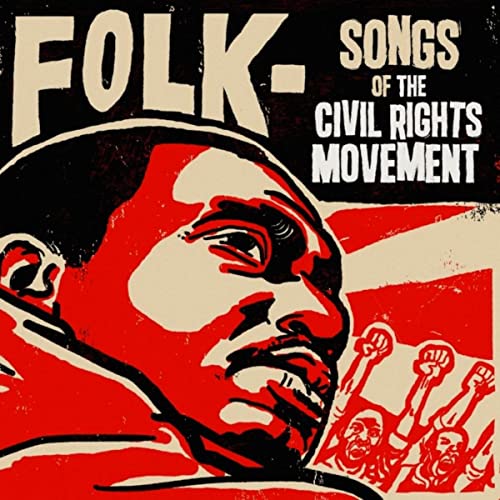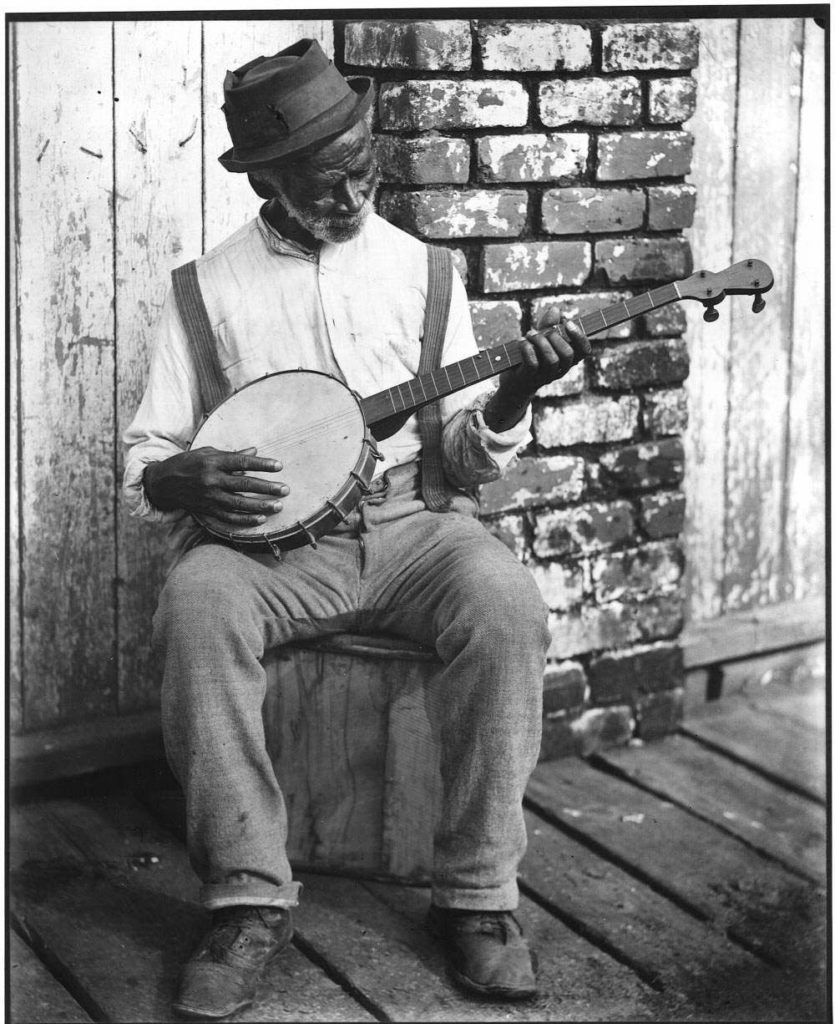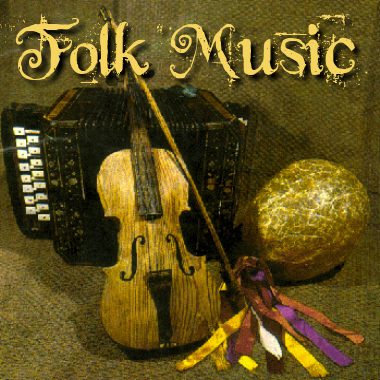What is Folk Music?

Folk music is a genre of music that is rooted in the traditional music of a particular culture or region. It often tells stories about the lives and experiences of people in a particular community, reflecting the cultural and historical context of that community. Folk music has been around for centuries, with examples of traditional folk music dating back to ancient civilizations such as Egypt and Greece. It is often associated with acoustic instruments such as the guitar, banjo, mandolin, fiddle, and harmonica, and encourages audience participation. Folk music has many sub-genres, including traditional folk, contemporary folk, Celtic folk, bluegrass, and Americana. It has influenced many other genres of music, including rock, country, and blues, and has been used as a tool for protest and social change.
History of Folk Music
The history of folk music can be traced back to the early days of human civilization when people used music to express themselves and tell stories. However, the term “folk music” was first used in the 19th century, when scholars began to collect and study traditional songs and music of rural communities.
In the United States, folk music emerged as a genre in the early 20th century, with the popularity of traditional Appalachian music and the work of collectors such as John and Alan Lomax. During the Great Depression of the 1930s, folk music became a popular form of protest music, with singers such as Woody Guthrie and Pete Seeger using their music to address social and political issues.
In the 1950s and 1960s, folk music became mainstream in the United States, with popular artists such as Bob Dylan and Joan Baez bringing folk music to a wider audience. Folk music festivals, such as the Newport Folk Festival, became popular, and the genre began to influence other genres, such as rock and roll.
Today, folk music continues to evolve and adapt to new musical trends and influences, while still maintaining its roots in tradition and community. It is an important part of many cultures around the world and continues to inspire and influence new generations of musicians.

Impact and Influence

Folk music has influenced many other genres of music, including rock, country, blues, and pop. Many famous musicians, including Bob Dylan and Joni Mitchell, started their careers playing folk music before moving on to other genres.
Folk music is often associated with a particular culture or region and has helped to preserve cultural heritage and traditions. It has also been used to teach children about history, culture, and social issues.
Folk music has been used as a tool for protest and social change, particularly during the 1960s civil rights and anti-war movements. Songs such as “We Shall Overcome” and “Blowin’ in the Wind” became anthems for these movements.
Black folk music has had a big impact on popular music. Among other genres, the blues, hip-hop, and soul have all profited from its influence. There are numerous Black modern performers, such as Tracy Chapman, India Arie and Hozier use aspects of folk music into the music they create.


